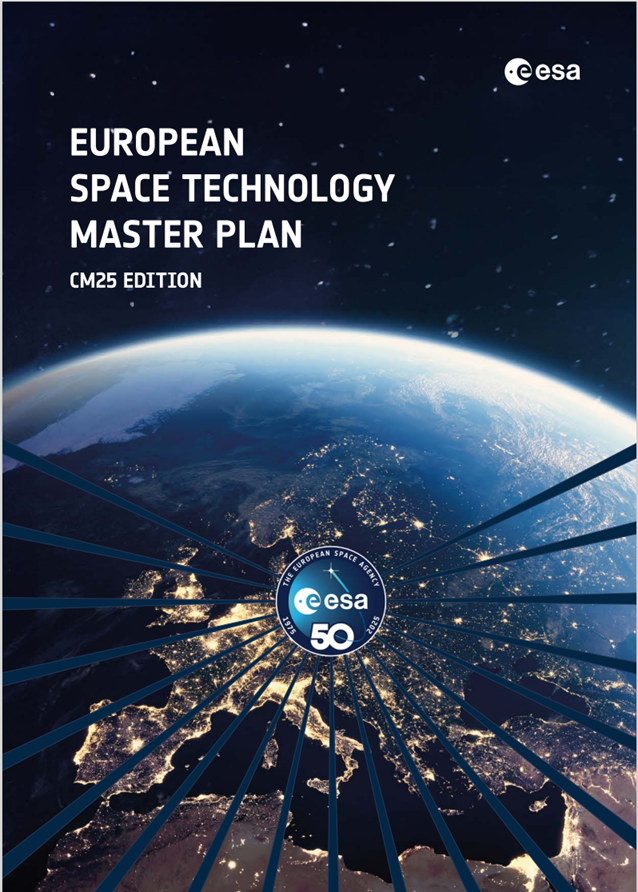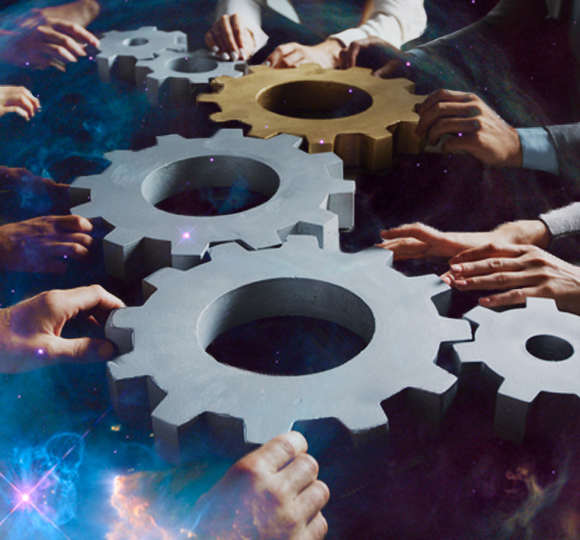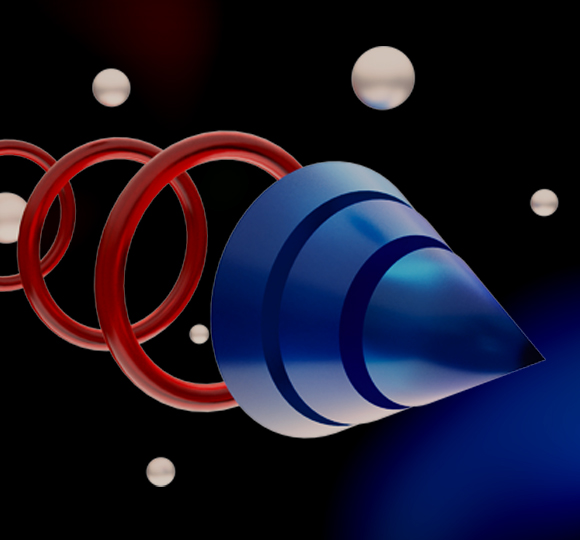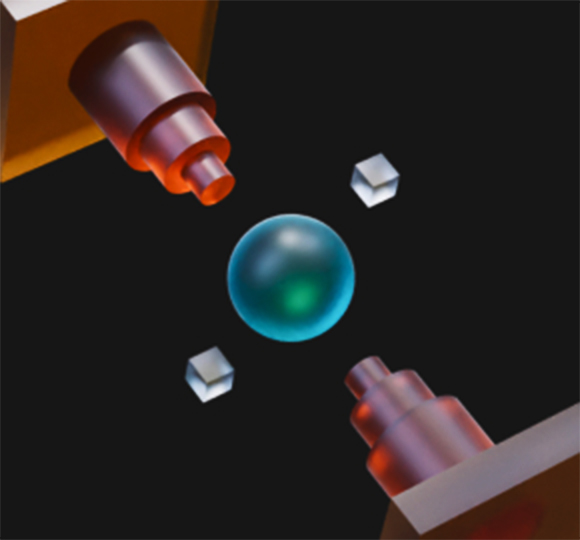External Coordination
Close coordination of space technology R&D is key to sustaining the innovation and competitiveness of the European space sector.
All those involved in European space-related technology research and development have a common objective: to boost the competitiveness of European industry and ensure the success of future missions. To maximise the effectiveness of each euro invested in R&D requires all actors to coordinate together effectively: ESA, the European Union, national space agencies, private companies, research organisations and universities.
The investment in question adds up to a considerable sum. Civil institutional space technology activities funding in Europe amounted to approximately 1.345 B€ in 2024*, funded through national, ESA and EU programmes.
Of this total figure, more than 800 M€ has been funded by ESA through programmes with a strong technology R&D component, along with other ESA technology initiatives and coordination mechanisms.
Key stakeholders within the European space sector have been further strengthening their coordination and cooperation through various processes and programmes.
Whether you are an ESA Member State delegate, a member of a European institution, industry, R&D organisation, or university, select the relevant filter to discover which opportunities exist to participate in these initiatives.

€1.3BSPACE TECHNOLOGY R&D BUDGET IN EUROPE IN 2024
2000Year of start of the European Space Technology Harmonisation process, supervised and coordinated by ESA/TEC
30European countries and Canada involved in the European Space Technology Master Plan

*European Space Technology Master Plan. Request access to: ESTMP@esa.int
THAG
The Technology Harmonisation Advisory Group (THAG) is an ESA delegate body, established in 2006 to advise the ESA Industrial Policy Committee (IPC) on technology harmonisation matters.
THAG is an ESA delegate body, established in 2006 to advise the ESA Industrial Policy (IPC) on Technology Harmonisation matters.

CRITICAL SPACE TECHNOLOGIES FOR EUROPEAN STRATEGIC
NON-DEPENDENCE
A coordinated and coherent European institutional approach has been established, targeting the development of critical space technologies and products for European Strategic Non-Dependence.
Non-dependence is one of the objectives of the Space Strategy for Europe, as security of supply and industry’s ability to export its products are impacted by high dependence on non-European critical components and technologies. There is a need to support long-term R&D for space.

TA–WG
Technology Advisory Working Group was established in 2013 to advise the Industrial Policy Committee (IPC) on the Agency’s technology policy and on the content of the Agency’s Technology Programmes.
TA-WG was established in 2013 to advise the Industrial Policy Committee (IPC) on the Agency’s technology policy and on the content of the Agency’s Technology Programmes.

TDE
The Technology Development Element (TDE) is responsible for early development stages across all service and technology domains.
TDE tests the suitability of cutting edge ideas for space applications, keeping a central role in scientific activities.

GSTP
GSTP enables European non-dependence and ESA to fulfill its objectives and to utilise space to the benefit of society.
The General Support Technology Programme (GSTP) takes previously proven innovations through to succeeding stages of engineering, finally evolving fully tested hardware ready for adoption by future missions.

Standardisation
This is the initiative through which ESA seeks solutions to the challenges for space usage coordinating all activities leading to the development, publication and on-going maintenance of the standardisation documents.
The Leading standardisation board is the ESA engineering steering board (ESSB) it is supported by 3 technical standardisation boards (TSBS)


